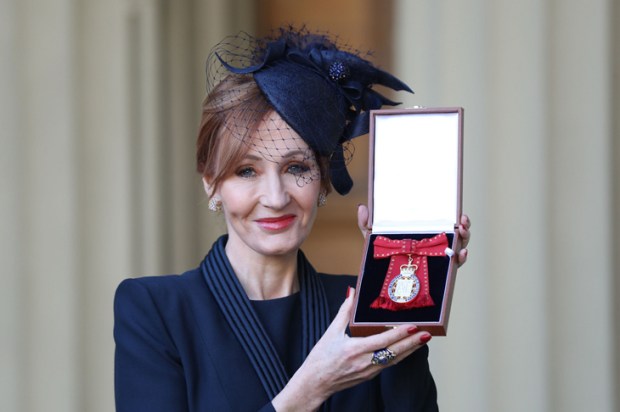One of the powers of language is that it can give us the words (the tools) to think about our world. In the case of Australia two such useful words are ‘tribal’ and ‘communal’. The words ‘tribe’ and ‘tribal’ are recorded in English from the 1300s and mean ‘a group of people claiming descent from a common ancestor; a particular race of recognised ancestry’ (Oxford). ‘Tribal’ comes from a Latin source word with the same meaning. ‘Communal’ is recorded from the 1400s meaning ‘shared, held in common’ (again from a Latin source word.) These two words are useful because they record two ways of thinking about Australia. Bearing in mind that Australia has only existed since 1901 (before that there was no nation on the continent of Australia, only six colonies, and before that some 300 or more indigenous tribes.) The nation of Australia, I would argue, is essentially ‘communal’. It is about a citizenship that holds this land ‘in common’ and (through representative democracy) takes responsibility for the management of this land and its resources, and the care of its people. This responsibility is something every Australian holds ‘in common’ (hence ‘communal’). The alternative being promoted by the political movement promoting the Voice is that Australia is (or should be) tribal. They claim that descent (ancestry) and tribal history and culture matter more than the community, and more than taking communal (shared) responsibility. According to this political view, Australia should function in a ‘tribal’ way instead of it a ‘communal’ way. According to the ‘tribal’ view there is no community, only tribes – such as indigenous Australians, Italian Australians, Lebanese Australians, Chinese Australians, Celtic Australians and so on. Does that language help to clarify the competing political strands around us today?
A reader has asked me about the common expression ‘virtue signalling’. The meaning, I think, is fairly clear. It is a message, or a public posture, adopted by a person or a company intended to send the message: ‘Look at me! Aren’t I good?’ It’s a very recent invention. ‘Virtue-signalling’ was coined by British author and journalist James Bartholomew (writing in The Speccie in 2015!) He said he intended it to mean that the holder wants to be welcomed for having displayed the approved, virtuous views. He goes on to say that the ‘virtue-signaller’ doesn’t have to actually do anything. All they have to do is to say they will vote Yes in the Voice referendum, or put the words ‘always was, always will be Aboriginal land’ into their email signature. But they don’t actually do anything! You’d think that someone saying ‘aways was, always will be…’ would immediately hand over title to their home and land to the nearest Native Land Title Council. But they never do! Because ‘virtue-signalling’ is always an empty gesture. This compound noun often seems to involve a kind of ‘group think’ – it’s a way of signalling what slice of society the ‘virtue-signaller’ belongs to (or wishes to belong to).
It seems to me (and forgive me if I sound like a cynical old journalist here) as if ‘virtue-signalling’ is often done to identify the person sending the signal as standing with the inner-city, bicycle-riding, latte-drinking, vegan-eating, organic clothes-wearing, save-the-planet mob. Ever since James Bartholomew coined ‘virtue-signalling’ the emptiness of such gestures has been apparent – but no one is prepared to tell those trendy people who keep doing it!
Someone needs to say that this particular emperor has no clothes!
Got something to add? Join the discussion and comment below.
Get 10 issues for just $10
Subscribe to The Spectator Australia today for the next 10 magazine issues, plus full online access, for just $10.
Contact Kel at ozwords.com.au
You might disagree with half of it, but you’ll enjoy reading all of it. Try your first month for free, then just $2 a week for the remainder of your first year.














Comments
Don't miss out
Join the conversation with other Spectator Australia readers. Subscribe to leave a comment.
SUBSCRIBEAlready a subscriber? Log in